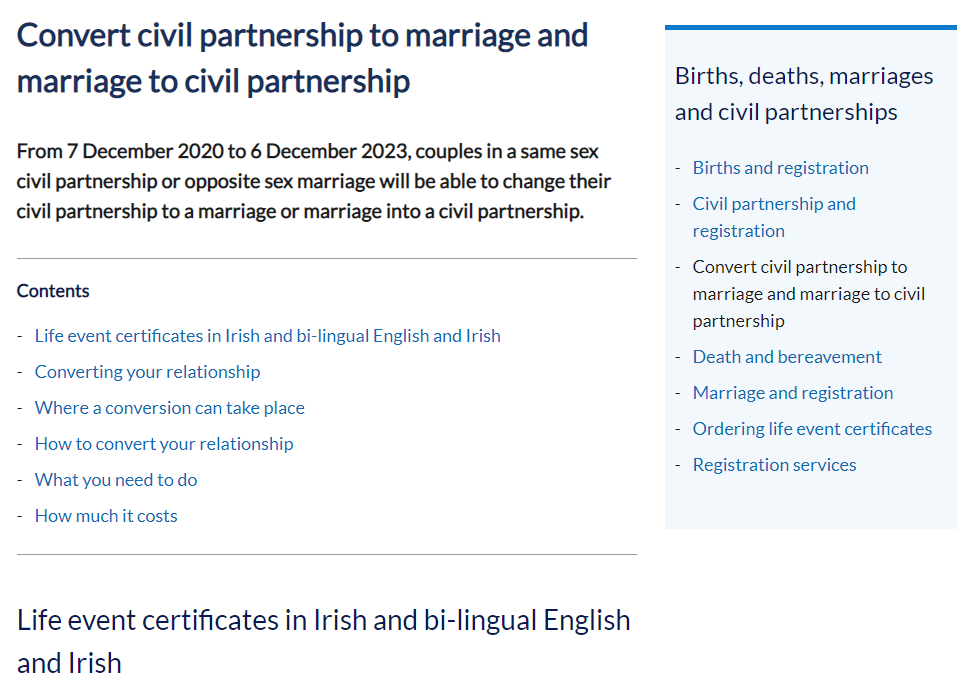C4.34 Getting Married in the UK
How to Register a Marriage in the UK?
Q: If international students marry in China, can they divorce in the UK?A: Yes, if the conditions are met. In England and Wales, there are certain requirements for divorcing if you married abroad (outside the UK). You must meet at least one of the following to be eligible for divorce in the UK:
Either you or your spouse is domiciled in England and Wales when the divorce proceedings begin.
The respondent is habitually resident in England or Wales.
The applicant is habitually resident in England or Wales and has resided there for at least one year immediately before the application is issued.
The applicant is domiciled in England or Wales and has resided there for at least six months before the application is issued.
Either you or your spouse was previously habitually resident in England or Wales, and one of you still resides there.
Reminder 1: "Habitual residence" has no clear definition as it is a legal concept. You should discuss it with a lawyer during the divorce process to determine how it applies.
Reminder 2: England and Wales share the same jurisdiction, while Scotland and Northern Ireland have separate legal systems. Therefore, the requirements for divorce in Scotland and Northern Ireland may differ.
Some students have asked Shishengmiao: Can international students marry in the UK?
A: Yes, they can. If both parties are Chinese international students holding UK student visas, have not yet graduated, and do not want to register their marriage in China after returning, they can do so in the UK. For specific details, refer to the following content. Process: 1) Plan the wedding 2) Book a notice of marriage 3) Submit documents and pay the fee 4) Hold the ceremony 5) Obtain the marriage certificate 6) Get notarization at the embassy.
International students can register their marriage in the UK. That is, if both you and your partner are studying in the UK, neither of you has UK permanent residency or UK nationality, and both are Chinese citizens, you can still register your marriage in the UK. Marriage registration procedures vary by region in the UK. Non-UK citizens can marry in the UK, but not all marriage registration offices accept applications from foreign passport holders. Therefore, you need to inquire in advance. Additionally, you must book a notice of marriage at least 29 days in advance, and the wedding ceremony must be held within one year of the notice being issued. Furthermore, a marriage registered in the UK is legally valid worldwide, including in China. You only need to get it authenticated at the Chinese embassy—there is no need to re-register in China
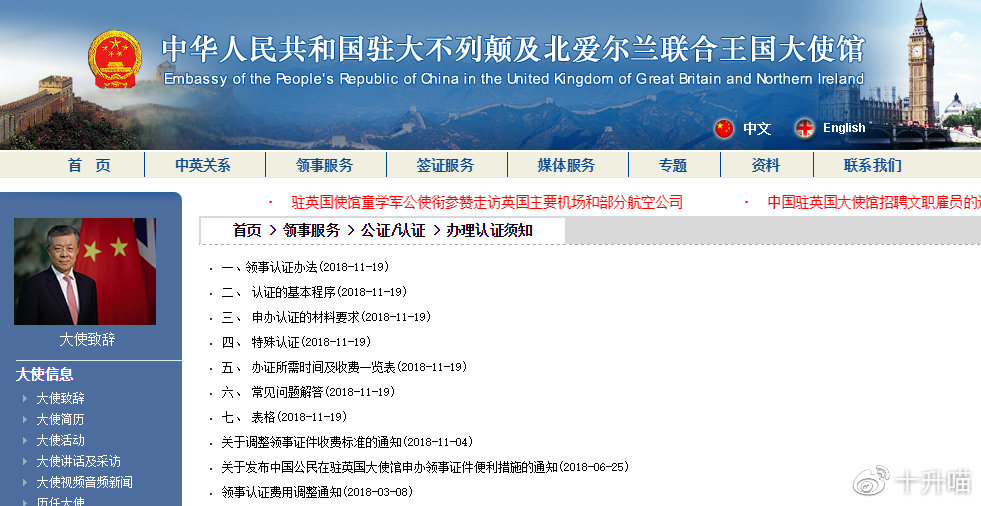
Marriage in England or WalesStep 1: Check if you are eligible to marry or form a civil partnership in the UKFirst, verify whether you can marry or enter into a civil partnership. To marry in England or Wales, you must meet the following criteria:
Be 16 years old or above. If you are under 18, you need permission from your parents or guardians to marry.
Be single (i.e., never married, divorced, or widowed) and not in an existing civil partnership.
Not be closely related (i.e., not blood relatives).
Same-sex couples are allowed to marry in England or Wales. Official link:
:https://www.gov.uk/marriages-civil-partnerships
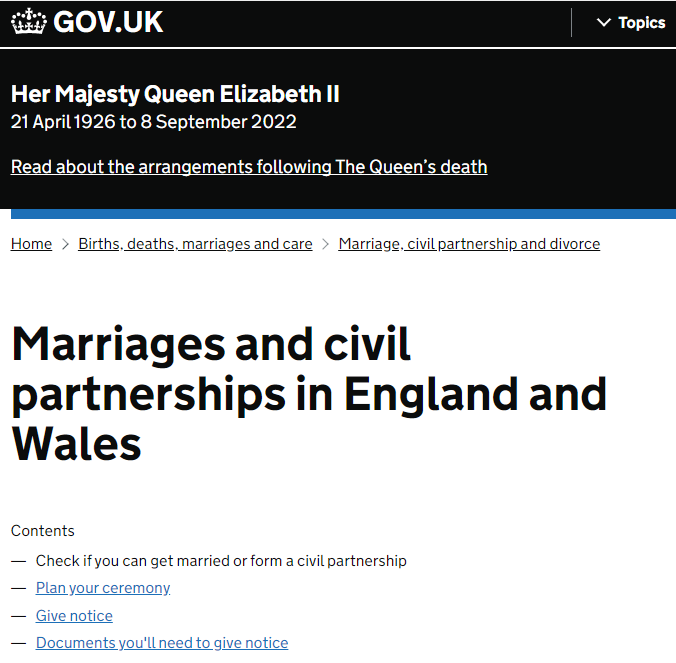
Designated Register Offices in England and Wales
link:
https://assets.publishing.service.gov.uk/government/uploads/system/uploads/attachment_data/file/224796/DROs_GOV_UK..pdf
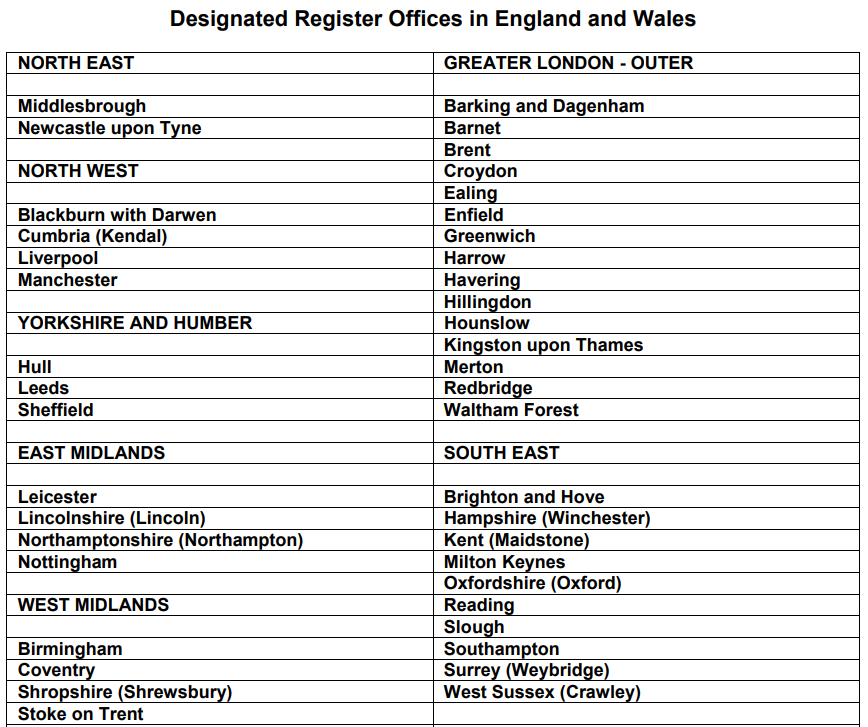
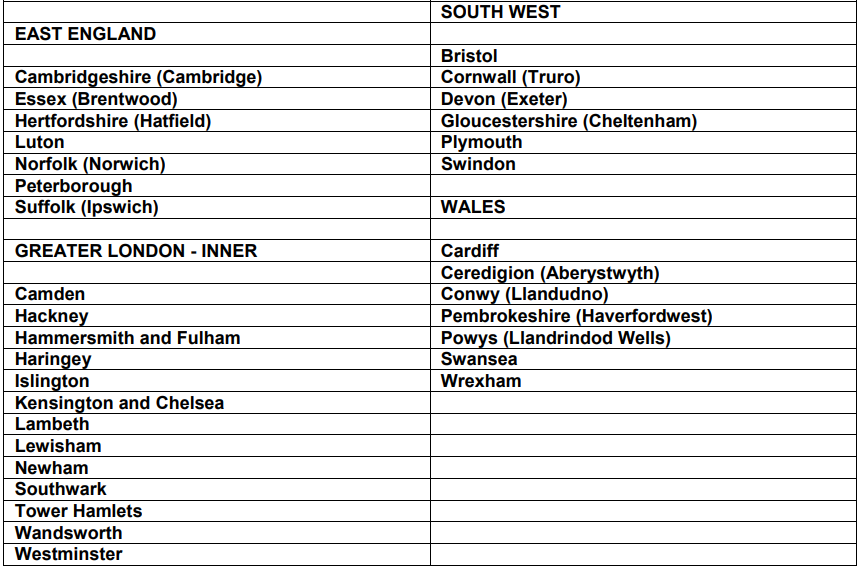
Step 2: Plan your ceremonyBefore booking a "Notice of Marriage" with your local register office, you must first decide where you will hold your wedding or marriage ceremony. This is because once you give notice, you need to sign a legal declaration at the local register office stating your intention to marry or form a civil partnership—this step must be included at the end of the wedding or ceremony. Additionally, you must hold the ceremony within 12 months of giving the "Notice of Marriage".
For other specific considerations, including choosing the type of marriage ceremony (religious or civil), the required number of witnesses, and prohibited venues for the ceremony, see the link
:https://www.gov.uk/marriages-civil-partnerships/plan-your-ceremony
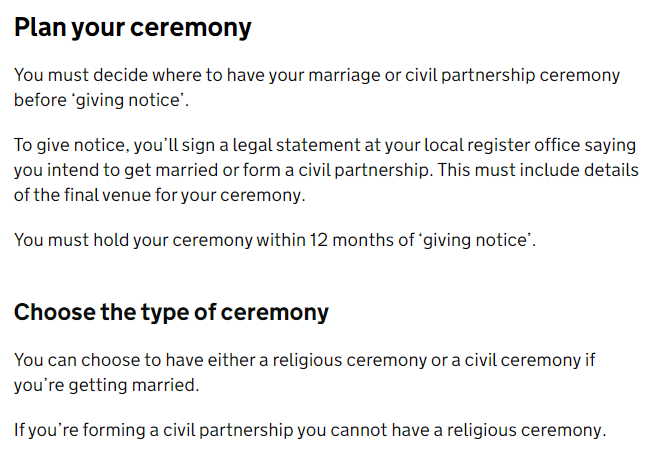
Step 3: Give notice of marriageYou must sign a legal declaration at your local register office stating your intention to marry or form a civil partnership—this is known as "giving notice". Notice must be given at least 29 days before the wedding. For example, if you give notice on 1 May, the earliest you can marry or form a civil partnership is 30 May. To book an appointment to sign the declaration, the fee for giving notice of marriage is several tens of pounds, and appointments are usually made at your local register office.
After signing the legal marriage declaration and giving notice, the ceremony must be held within 12 months of the notice being issued. The notice process for Church of England weddings may differ.
For specific details on giving notice, see the link: https://www.gov.uk/marriages-civil-partnerships/give-notice
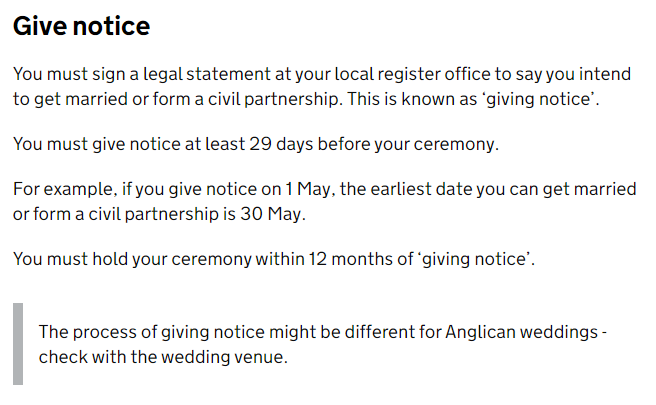
Documents for Marriage RegistrationBefore visiting the register office to give notice and sign the legal declaration, you need to bring the required documents:
The final details of the wedding or marriage ceremony.
A valid passport from the EU, EEA (European Economic Area) or Switzerland, a UK birth certificate, a national identity card, or a foreign passport. Note that some UK register offices do not accept foreign passports for marriage registration, so you should confirm with the register office in advance when booking.
Proof of your home address.
Documents proving any name change.
To prove your address, you can bring one of the following:
A valid UK, EU, EEA or Swiss driving licence.
A gas, water or electricity bill from the last three months.
A bank or building society statement from the last month.
A council tax bill from the last 12 months.
A mortgage statement from the last 12 months.
Your current tenancy agreement.
A letter from your landlord (dated within the last 7 days) confirming your residency, including the landlord’s name, address and signature.
If your usual address is outside the UK, you need to provide a detailed UK contact address. For example, this could be the address of your partner, friend or family member
web:https://www.gov.uk/marriages-civil-partnerships/documents-youll-need-to-give-notice?step-by-step-nav=724aa735-c4cc-4ffc-9136-dcb43668982b#content
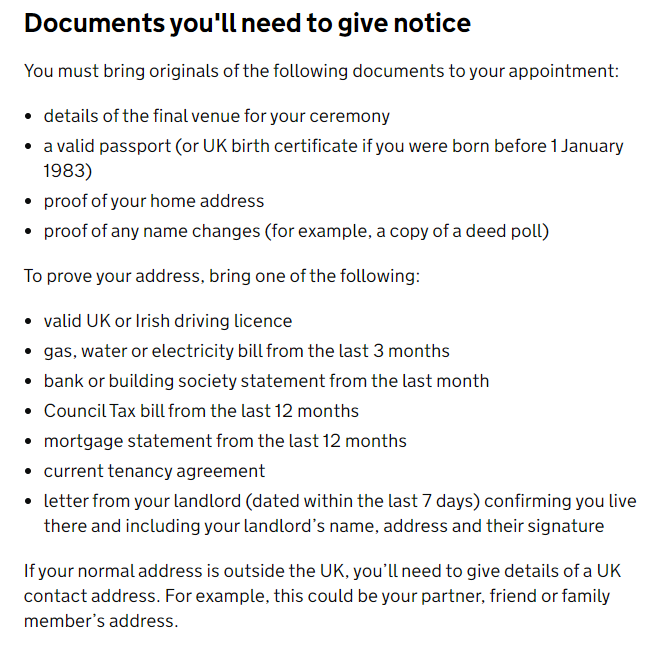
The European Union (EU) and European Economic Area (EEA) refer to:
EU countriesEU member states include:Austria, Belgium, Bulgaria, Croatia, the Republic of Cyprus, the Czech Republic, Denmark, Estonia, Finland, France, Germany, Greece, Hungary, Ireland, Italy, Latvia, Lithuania, Luxembourg, Malta, the Netherlands, Poland, Portugal, Romania, Slovakia, Slovenia, Spain, Sweden and the United Kingdom.
The European Economic Area (EEA)The EEA includes all EU countries, plus Iceland, Liechtenstein and Norway. This makes them part of the EU Single Market. Switzerland is neither an EU nor EEA member state, but it is part of the Single Market. This means Swiss citizens have the same rights to live and work in the UK as other EEA citizens.
Step 4: Get married or form a civil partnership (obtain the certificate)After successfully registering your marriage, you will receive a marriage or civil partnership certificate. The fee is £11, and the certificate is usually sent within approximately 4 days. If you need an additional copy in the future, you can order it online
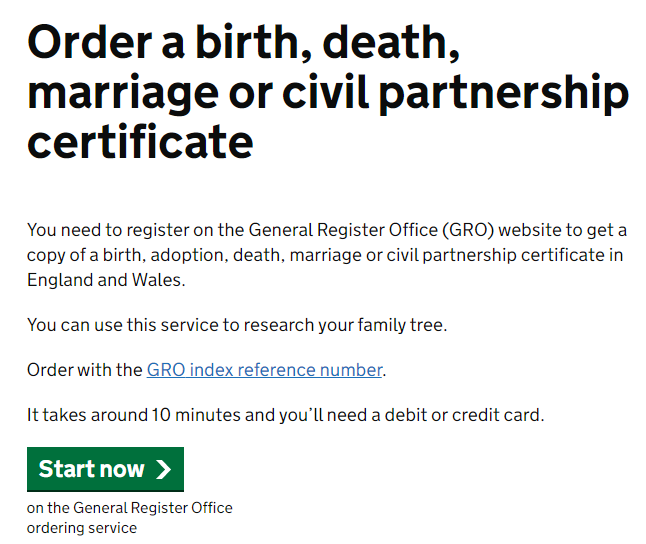
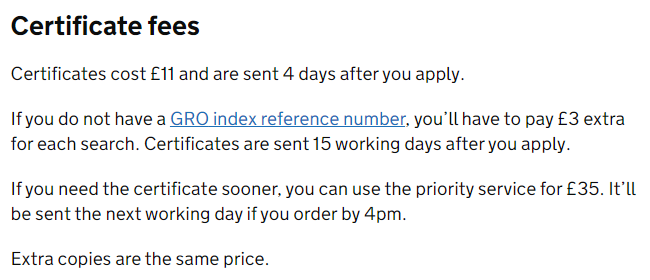
Step 5: Update your details
Promptly update your marital or civil partnership status with government agencies, banks, private pension providers and other relevant institutions
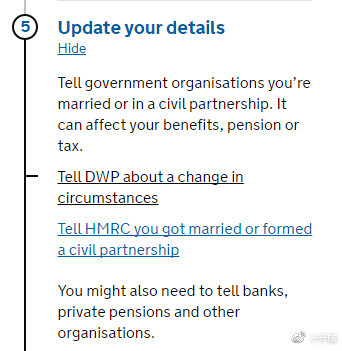
Marriage in Scotland and Northern IrelandThe requirements for marriage in England and Wales differ from those in Scotland and Northern Ireland. For specific information on registering a marriage in these two regions, please check the following links:
Marriage in Scotland: https://www.mygov.scot/getting-married
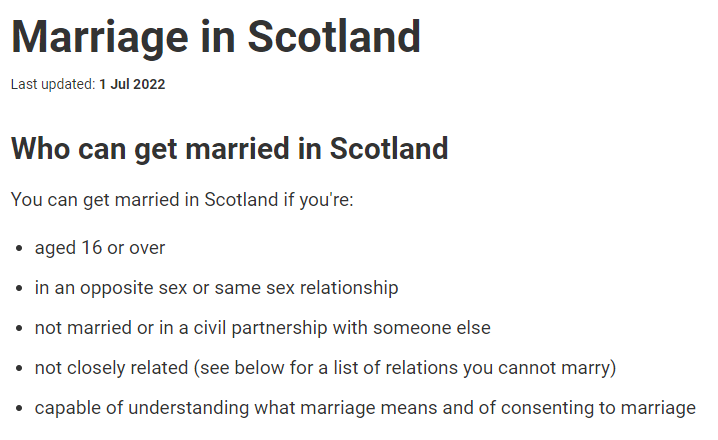
2,Marriage in Northern Ireland: https://www.nidirect.gov.uk/articles/getting-married-northern-ireland
